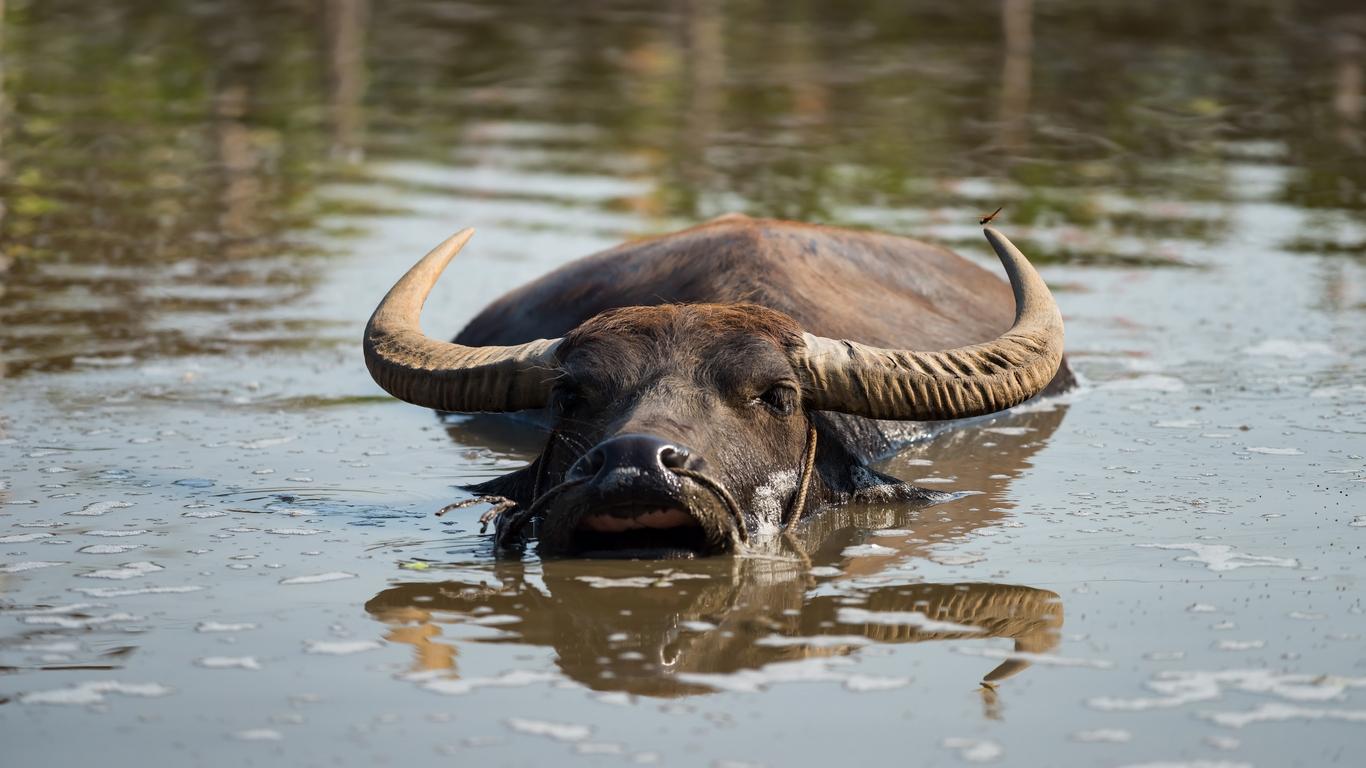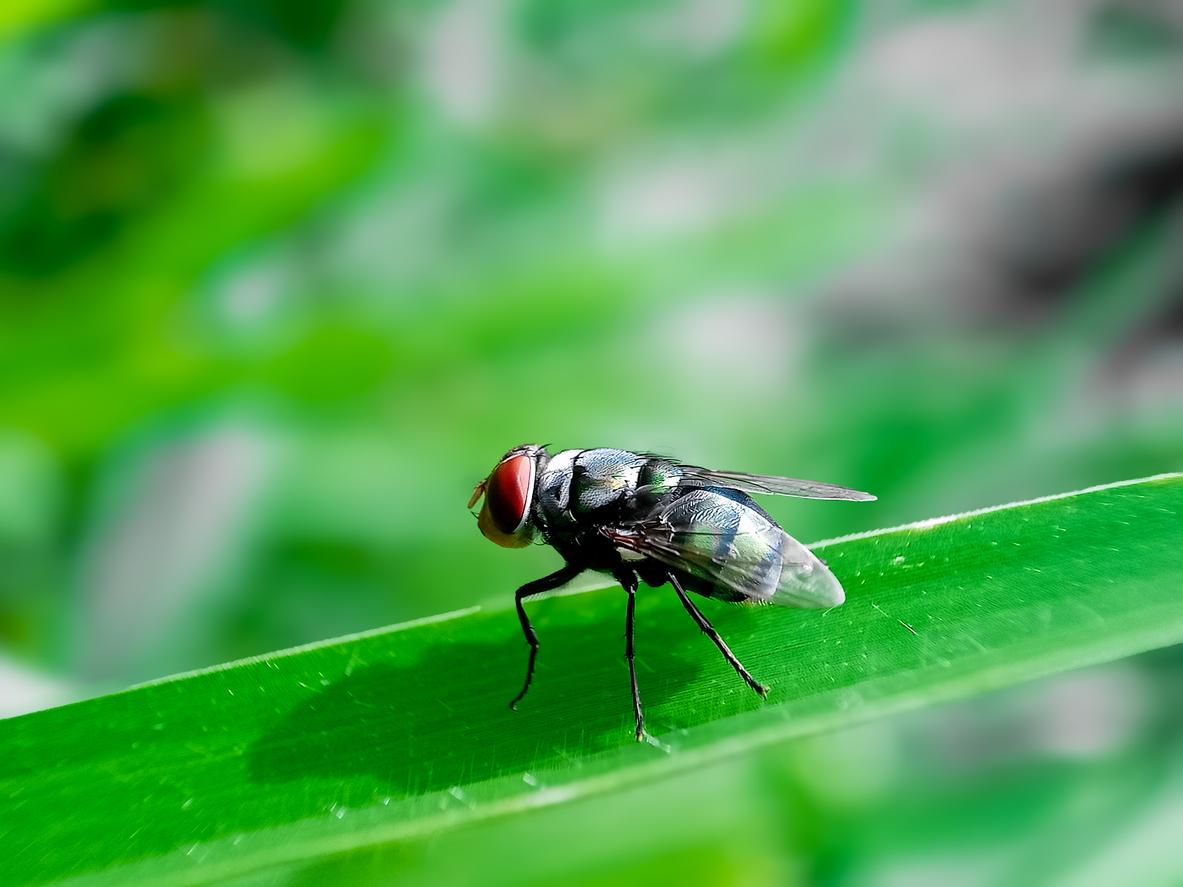
This Wednesday, March 31, Russia announced the approval of the world’s first vaccine against the coronavirus for animals. Carnivac-Cov has an efficiency rate of 100%.
“The clinical trials of Carnivac-Cov, started in October last year (…) allow us to conclude that the vaccine is harmless and highly effective since 100% of the animals tested have developed antibodies“, said in a statement the deputy director of the veterinary and phytosanitary agency Rosselkhoznadzor, Konstantin Savenkov.
A vaccine only intended for carnivorous animals
Several animals participated in the testing phases, namely: cats, dogs, red and polar foxes as well as mink. Rosselkhoznadzor claims that the development of this serum was “particularly important” as many animal species are sensitive to Covid-19. In Russia, according to the agency, there are two cases of infection in cats in Moscow and Tyumen (Siberia). According to a study published in the journal BioRxiv March 18, 2021, the first cases of infections of cats and dogs have been established in the UK. Veterinarians from the Cardiology Department at the Ralph Veterinary Referral Center (Buckinghamshire) noticed a sudden increase in myocarditis cases in dogs and cats between December and February at their clinic. They also found an increase in the incidence of this disease from 1.4% to 12.8% in pets. Specifically, the rate was 8.5% in cats and 4.3% in dogs.
“Mass production” of vaccine to start in April
In a statement, the deputy director of the veterinary and phytosanitary agency Rosselkhoznadzor, Konstantin Savenkov said that the vaccines will be produced from April. The vaccine was created by a subsidiary of Rosselkhoznadzor. Earlier this week, military officials in the St. Petersburg (northwest) region said animals participating in the WWII commemorations military parade or deployed at airports would be required to ‘be vaccinated. With the help of this vaccine, it would be possible to avoid a mass elimination as in November in Denmark where the authorities decided to kill all of its herd of mink, 15 million of these animals were suspected of carrying and transmit a mutation of the coronavirus which may be problematic for humans.















